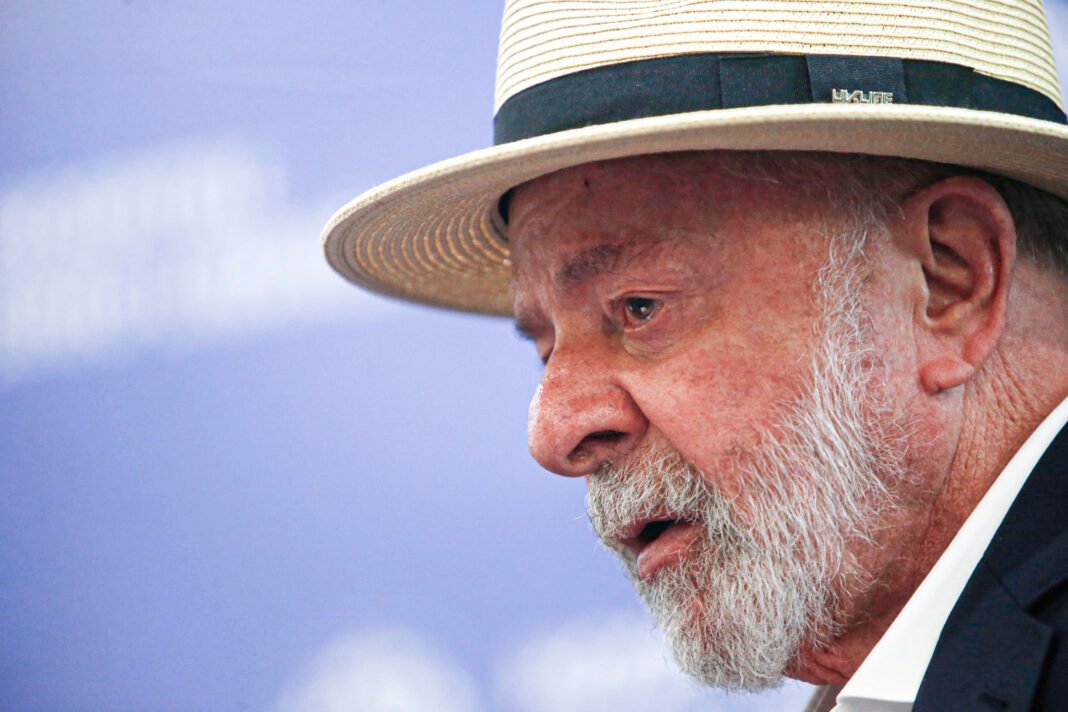The Minister of Institutional Relations, Alexandre Padilha, has invited leaders of the government’s congressional base to a meeting on Wednesday (12/02) at the Planalto Palace. The agenda includes discussions on the government’s legislative priorities for the year, particularly the approval of Income Tax exemption for those earning up to R$5,000 per month. The meeting occurs amid debates over ministerial reform and follows recent remarks by Chamber of Deputies Speaker Hugo Motta, who urged the Executive Branch to cut spending and stated that the January 8 attacks were not an attempted coup.
This Content Is Only For Subscribers
To unlock this content, subscribe to INTERLIRA Reports.
Disclosure of Priorities
The government will only announce its list of priorities after the meeting, aiming to secure congressional approval for key projects. This strategy also serves as a political gesture to lawmakers, fostering collaboration in setting a shared agenda while ensuring that only initiatives with a real chance of passing in the Chamber of Deputies and Senate are made public. Last week, Finance Minister Fernando Haddad presented Congress with a list of 25 priority projects, including income tax exemption, limits on super salaries, and big tech regulations.
First Meeting of the Year
This marks the first gathering of President Lula’s political coalition with allied party leaders in 2025. The meeting comes as Lula considers changes to his ministerial team, while parties push for increased representation in key ministries.
Uncertainty Over Ministerial Reform
Uncertainty surrounding ministerial reform has intensified disputes within the government and among allied parties, as Lula has yet to clarify which parties will receive additional ministries. The PSD, PP, and União Brasil are at the center of negotiations, awaiting confirmation of the roles they will assume following the reshuffle. In Planalto, the expectation is that changes will only take place in March.
Motta’s Messages
In addition to ministerial changes, the government is also navigating the messages issued by Hugo Motta during his first week as Chamber of Deputies Speaker. Motta criticized Lula for speaking only to his political base, stating that he must engage with a broader audience, similar to how former President Jair Bolsonaro failed in this regard. He also emphasized the need for government spending cuts.
In another statement, Motta downplayed the January 8 attacks, arguing that they were not an attempted coup and calling for moderation in sentencing by the Supreme Federal Court (STF). His remarks were met with criticism from government allies, who fear they could encourage support for amnesty proposals for those involved in the attack on government institutions.
Problems in the Government’s Base
Electoral alliances are typically a reflection of the government coalition formed in previous years, but in recent weeks, Lula (PT) has faced resistance from allied parties that control eight ministries. Leaders from the PSD, Republicans, and PP have openly criticized the PT administration and are considering alternative political paths for 2026, signaling a potential shift toward opposition rather than continued support. Meanwhile, União Brasil is preparing to launch the presidential pre-candidacy of Ronaldo Caiado, the governor of Goiás.
Lula’s Travel Schedule
To counter recent political setbacks, President Lula will intensify his travel schedule this week, continuing his nationwide tours after a Quaest poll revealed a drop in his popularity. He is set to deliver housing units, participate in the launch of a new federal institute campus, and visit COP30 construction sites. A survey released on 27 January showed that disapproval of the Lula government reached 49%, surpassing approval (47%) for the first time.
Analysis:
The meeting convened by Minister Alexandre Padilha highlights a crucial moment for Lula’s government, which faces significant challenges both within its allied base and from the opposition. The decision to disclose legislative priorities only after the meeting reflects an effort to secure congressional support for key proposals. However, the government struggles with a fragmented political landscape, as parties holding strategic ministries, such as PSD, PP, and União Brasil, express dissatisfaction and seek greater influence. This internal friction complicates Lula’s ability to maintain a cohesive coalition and advance critical reforms.
Additionally, Lula faces declining approval ratings, with disapproval reaching 49% in a recent Quaest survey. Economic challenges, political tensions, and unfulfilled campaign promises contribute to this downward trend. In response, the president is intensifying his travel schedule to regain public support and reinforce his administration’s presence across key regions. Moving forward, Lula must balance political concessions with popular initiatives to prevent further erosion of his base, particularly as opposition forces gain momentum in Congress.
Sources: O Globo [1], [2], [3], [4]; A Folha de SP [1], [2]; G1.




